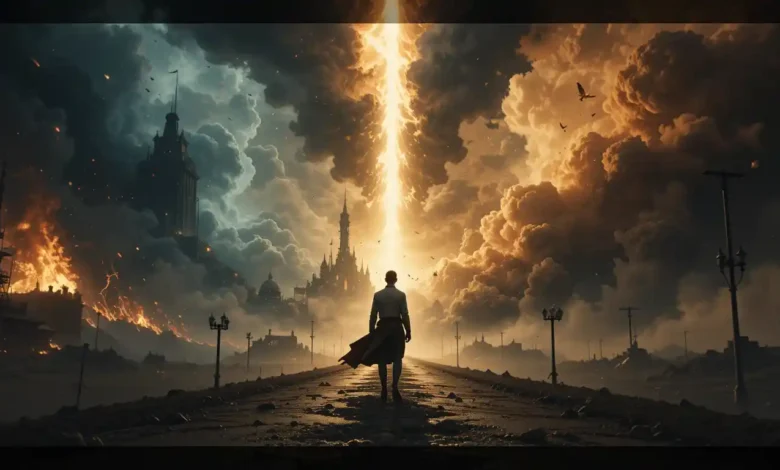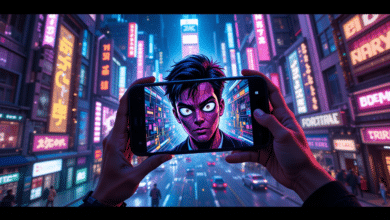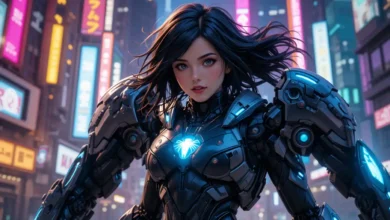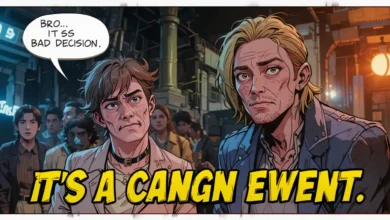What’s a Canon Event? Unpacking the Meaning and Impact in Fiction

In the world of storytelling, particularly in long-running series and expansive universes, the term “canon event” often arises. This concept is pivotal for fans and creators alike, shaping the narratives and preserving the integrity of the fictional worlds they cherish. But what exactly is a canon event, and why is it so important? This blog post delves into the intricacies of canon events, exploring their significance, how they are established, and their impact on both the narrative and the audience.
Canon: A Brief Overview
Canon, in the context of fiction, refers to the material that is officially accepted as part of the story in a fictional universe. This includes characters, events, locations, and timelines that are recognized by the creators as the official narrative. The concept of canon is crucial for maintaining continuity and coherence within a story, especially in large franchises with multiple installments or adaptations.
Defining a Canon Event
A canon event is a significant occurrence within a story that is recognized as an integral part of the narrative. These events are pivotal moments that shape the storyline, character development, and the overall direction of the plot. Canon events are often used to establish key elements of the universe, such as major battles, character deaths, or transformative revelations. They are essential for maintaining the consistency and integrity of the narrative across different media and interpretations.
The Importance of Canon Events in Storytelling
Canon events play a vital role in storytelling for several reasons:
- Consistency and Continuity: They ensure that the narrative remains consistent, avoiding contradictions and maintaining a coherent storyline.
- Character Development: Canon events often mark significant changes or growth in characters, driving their development and influencing their actions and motivations.
- Plot Progression: These events are crucial for advancing the plot, creating turning points, and introducing new conflicts or resolutions.
- Fan Engagement: Canon events provide fans with key moments to discuss, analyze, and theorize about, enhancing their engagement with the story.
How Canon Events Are Established
Canon events are typically established through official sources such as:
- Original Works: The primary source material, such as books, movies, or television series, often contains the canonical events.
- Creator Statements: The creators or authors may clarify what is considered canon through interviews, social media, or official statements.
- Supplementary Materials: Official guides, encyclopedias, or companion books can also establish canon events by providing additional context and information.
- Adaptations and Spin-offs: In some cases, adaptations or spin-offs may introduce new canon events, provided they are recognized by the creators as part of the official narrative.
Examples of Canon Events in Popular Media
To better understand the concept of canon events, let’s look at some examples from popular media:
- Star Wars: The destruction of the Death Star in “A New Hope” is a canon event that significantly impacts the storyline and the fate of the galaxy.
- Harry Potter: The Battle of Hogwarts in “Harry Potter and the Deathly Hallows” is a pivotal canon event that marks the climax of the series and the defeat of Voldemort.
- Marvel Cinematic Universe: The Snap in “Avengers: Infinity War,” where Thanos wipes out half of all life in the universe, is a major canon event that sets the stage for “Avengers: Endgame.”
- Game of Thrones: The Red Wedding in “Game of Thrones” is a shocking canon event that alters the political landscape of Westeros and the fates of several key characters.
The Impact of Canon Events on Fans and Fandoms
Canon events often have a profound impact on fans and fandoms. These moments can evoke strong emotional reactions, from joy and excitement to shock and sadness. Fans may engage in extensive discussions, creating fan theories, fan fiction, and fan art based on these events. Canon events also serve as reference points for the community, shaping their understanding and interpretation of the story.
Canon vs. Non-Canon: Understanding the Difference
Not all events in a story are considered canon. Non-canon events, also known as “apocryphal” or “alternate universe” events, exist outside the official narrative. These may include fan fiction, unofficial adaptations, or alternate versions created by the community. While non-canon events can be enjoyable and creative, they do not impact the official storyline or character development.
Challenges and Controversies Surrounding Canon Events
Establishing and maintaining canon events can sometimes lead to challenges and controversies. These may include:
- Retcons: Retconning, or retroactive continuity, involves altering previously established canon events. This can create confusion or dissatisfaction among fans who feel attached to the original narrative.
- Inconsistencies: Large franchises with multiple creators or adaptations may struggle with maintaining consistency, leading to contradictions in the canon.
- Fan Disagreement: Fans may disagree on what should be considered canon, especially in cases where the creators have not provided clear guidance.
Conclusion
Canon events are the backbone of storytelling in expansive fictional universes, providing structure, consistency, and pivotal moments that shape the narrative. Understanding and appreciating these events enhances the experience for fans and ensures the longevity and coherence of the story. As we immerse ourselves in our favorite fictional worlds, recognizing the significance of canon events helps us navigate and appreciate the rich tapestry of stories woven by their creators.
FAQs
Q1: What is a canon event in fiction?
A canon event is a significant occurrence within a story that is recognized as an integral part of the narrative, shaping the plot and character development.
Q2: How is a canon event different from non-canon?
Canon events are officially recognized as part of the story, while non-canon events exist outside the official narrative and do not impact the storyline or character development.
Q3: Can canon events be changed?
Yes, canon events can be changed through retconning, but this can lead to controversies and inconsistencies within the narrative.
Q4: Why are canon events important for fans?
Canon events provide key moments for fans to discuss, analyze, and engage with the story, enhancing their connection to the narrative.
Q5: How are canon events established?
Canon events are established through official sources such as the original works, creator statements, supplementary materials, and recognized adaptations or spin-offs.





